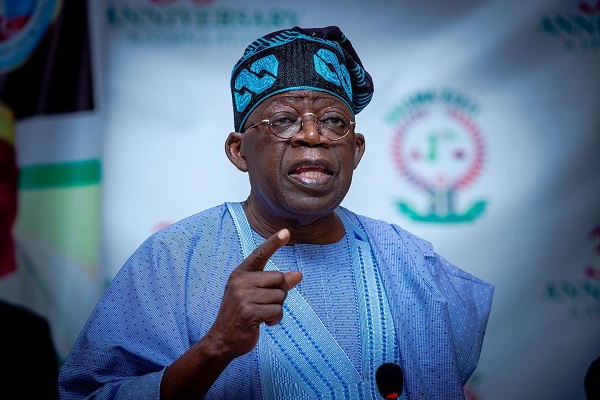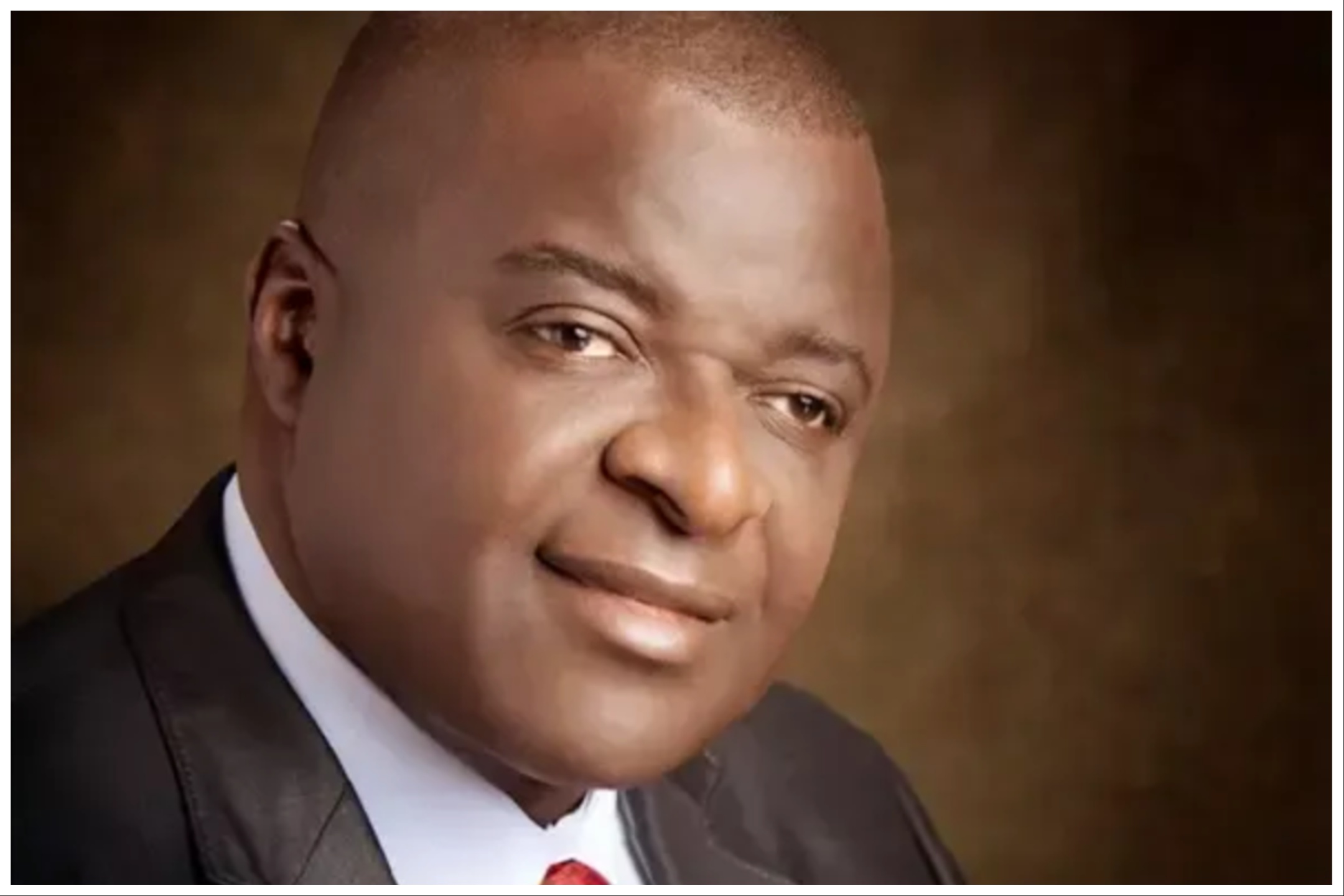PUNCH
As Nigerians grapple with the aftershocks of the fuel subsidy removal, President Bola Tinubu has directed the National Economic Council to come up with inputs on palliatives and the minimum wage review as part of measures to cushion the pain of subsidy removal.
This was as the Trade Union Congress said it was expecting the Federal Government to provide feedback on its demand for N200,000 minimum wage by June 19.
But speaking during a meeting with members of the Nigeria Governors’ Forum, led by its Chairman, Governor AbdulRahman AbdulRazaq of Kwara State in Abuja on Wednesday, Tinubu directed NEC led by Vice President Kashim Shettima to mobilise various interventions to cushion the hardship faced by the most vulnerable Nigerians.
Besides the Vice-President, the NEC comprises 36 state governors, the Governor of the Central Bank of Nigeria, and other co-opted government officials.
The President described the level of impoverishment in the country as “unacceptable,” urging state governors to collaborate with the Federal Government to tackle poverty nationwide.
He advised the political leaders to downplay their differences and jointly focus on alleviating the sufferings and pains of the people, a statement signed by the State House Director of Information, Abiodun Oladunjoye, noted.
Tinubu laments poverty
“We can see the effects of poverty on the faces of our people. Poverty is not hereditary, it is from society. Our position is to eliminate poverty. Set aside partisan politics, we are here to deliberate about Nigeria and nation-building.
“We have managed ourselves very well to have a democracy. We have campaigned and arrived at our present destination. We must work for our people.
“How do we address the unacceptable level of poverty? How much are we investing in education, which is the only tool against poverty? I am ready to collaborate with you,” Tinubu reportedly told the governors, while assuring them that he would maintain an open-door policy.
The Ogun State Governor, Dapo Abiodun, who briefed State House correspondents after the meeting revealed that palliatives and an upward review of Nigeria’s minimum wage, which stood at N30,000 per month, topped the discussions.
Abiodun said, “Some of us are looking at the enhancement of minimum wage; Mr President has announced today that NEC should immediately begin to sit, led by His Excellency, the Vice President, Senator Kashim Shettima, and the committee of NEC, alongside the economic team and the marketers should sit down and come up with a wholesome approach that will be beneficial to the common man and the generality of Nigerians.”
However, the governor disclosed that any outcome from these interventions would be temporary as the ultimate intervention would be a transition from fossil fuels to renewable energy.
He argued, “In completeness, whatever it is we do today, be it minimum wage increase, be it transport allowance, be it the provision of any form of intervention, are only stopgaps.
“What we need to begin to look at is an energy transition for the whole country, where we have to appreciate the fact that we can no longer power our vehicles with either diesel or petrol at the current prices.”
He said the government was turning its attention to what was obtainable in other countries such as Egypt whose government had converted its mass transit vehicles to run on Compressed Natural Gas.
“In some other countries, their vehicles are running on either CNG or electricity. These will be what will be sustainable that will allow us to transport people, goods, and services at prices that are reasonable.
“That is the kind of thing that we are looking at, the kind of discussions that we’re having with Mr President, and the kind of approach that this administration is looking at in terms of sustainability,” Abiodun explained.
At the Governors’ Forum meeting, all the members were present except the governors of Kaduna, Katsina, Akwa Ibom, Cross River, Ekiti, Sokoto, Ondo, Borno, Yobe, Gombe, and Katsina states.
However, the governors of Edo and Niger states were represented by their deputies.



